How do you know if you’re overspending money? And how can you stop it?
By definition, overspending is living beyond your means.
It’s not a healthy practice of managing finances.
Since the Covid-19 pandemic hit the U.S early last year, nearly two-thirds of Americans say they’ve been living paycheck to paycheck.
However, it’s not entirely due to the pandemic. About 44% of respondents say they were living beyond their means before the pandemic started, and two-thirds say they regret not having more emergency savings.
Therefore, if you have a penchant for debt plus overspending, you are bound for financial trouble.
So we say that this 2021, start winning at money and stop busting your budget!
This article will tackle reasons and signs of overspending and, ultimately, give easy tips to help you stop overspending your money.
Related reads: How To Stop Living From Paycheck To Paycheck – 10 Realistic Tips
Why do I overspend money?
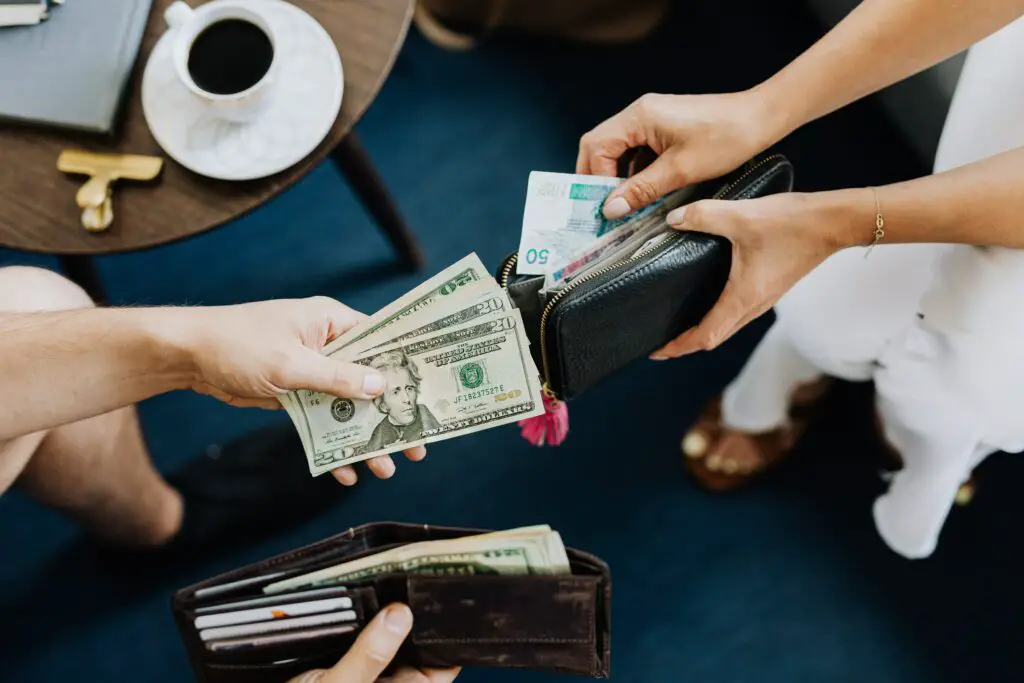
Before we list our real, practical, easy tips to overcome overspending, let’s also take some time to know why we make such a bad habit.
For starters, there are many factors we can include. However, allow me to share just a few.
1. Having no budget
Yes, that’s true. Many people don’t track or even know how to manage their finances. That’s why in every list of savings tips, budgeting is always emphasized, because why not?
2. Mindset
For some, there may be a triggering factor or impulse associated with spending money. It can be traced to their childhood, lifestyle, environment, or their upbringing.
For instance, if you feel deprived of money from childhood, you may feel the urge to spend more subconsciously. Because you were deprived before, and now, nothing can stop you from spending even more.
I mean, there’s nothing wrong with spending your hard-earned money, but overspending? At what cost? When will you stop? When you eventually go broke?
On the other hand, if you grow up with a silver spoon where money is not an issue, you may also tend to overspend if you wrongly think that your wealth is infinite and don’t have to learn proper money management until later in the future.
And so, having at least the basic knowledge of personal finance is critical.
3. Fancy CC or Plastic Money
CC, which also stands for Credit Card, is another reason why you overspend your money. Some people forget its essence and how to use it responsibly.
There’s something about using plastic to pay for stuff that makes it seem like you’re not spending your own money, but keep in mind that you’re borrowing and paying for stuff on credit.
Sure, credit cards can be good, until you depend on them for every single purchase without a plan to pay it back. That’s an easy way to rack up a mountain of debt.
4. Social Media and Peer Pressure.
Can you keep up with the Kardashians? Well, you don’t have to!
Nowadays, social media provides more than just instant communication. It’s also a medium that triggers anxiety and emotional spending or retail therapy. It’s so easy to get lost and mindlessly scroll through your friend’s timeline and get the latest updates on his life, foods that he eats, and places he visits.
Now, you keep spending your money to keep up with all the trends that change at the speed of light.
Signs of Overspending Money
Now that you know the underlying causes of the problem, the following lists are signs to beware of if you are not sure that you are spending more money.
- You feel anxious about money.
- You have no savings.
- Having too many unpaid bills and debts.
- Frequently go on a spending spree even if you’re off your budget.
- You only make minimum payments.
- Have a Fear of Rejection from peers and stress about fear of missing out.
- No other option but to use credit cards.
How do I stop overspending my money?
Take out the mystery of spending money and follow these tips to for a healthier financial life.
Tip #1 – Do a Savings Challenge.
Before you go berserk on spending money, shift your perceptions to saving it first. If you’re someone having difficulty getting started, try out a creative and easy savings challenge, and soon, saving money will become second nature to you.
For instance, you can begin with a simple $10 daily or $50 weekly. You’ll gain $3,650 for the $10 daily challenge and $2,600 for the $50 weekly challenge in one year. Now, imagine setting aside this small amount of money and reaping a larger amount at the end of the year.
Moreover, you can put the money in a cookie jar or a piggy bank easily accessible to you to give you a visual cue and remind you always to save. (Make sure to avoid dipping into it.)
What if you invest it too and make your money work for you? Saving money can go a long way on a rainy day.
Further Reading:
Tip #2- Commit to a Budget.
Before you commit to anything else, commit to your budget first. It’s also time to throw out that misconception of budgeting that you have. Having a good financial budget will be your guide towards leaving the life of overspending and too many debts behind.
Once you identify your total expenses and compare that with your income, you can see whether you’ll run out of money at the end of the month. If that’s the case, you can dig deeper into your expenses and find areas to cut back.
Further Reading
Tip #3- Set Financial Goals.
To put clarity in your financial roadmap, establishing financial goals are necessary.
While a budget will tell you where your money goes, financial goals will show the end game. It should indicate specific, measurable, and realistic priorities you want your money to achieve.
For example, your financial goal can be to pay down your debts in six months by setting aside $100 weekly. Or your financial goal can also be to fund your emergency stash.
Further reading: SMART Financial Goals To Live By For 2021 and How To Stick To It
Tip #4- Take advantage of Delayed Gratification.
This is pretty self-explanatory. From the word itself, delayed gratification, as it relates to money, is postponing your purchases till a later time.
For example, if you would like to purchase that new dress you’ve been eyeing for a while but are having second thoughts, allow yourself to pause and think about it thoroughly first. Do not buy it immediately.
You can set a specific a time period to think some more about it. It can be in two weeks or thirty days.
Then, after days or weeks pass, check-in with your logic and feelings to see if you still want that item. If not, then don’t buy it. Put it in your savings account instead—otherwise, revel in the joy of delayed gratification.
You’ll feel a different sense of joy because that you waited for that item and now you are ready to buy it.
Further reading: The 30-Day Savings Rule – Easy Step by Step Guide to Save More Money
Tip #5- Use Cash.
Another useful tip that never gets old is to use cash.
Yes! You will never get down by using your cash. Aside from the benefits, you get smart in spending it wisely because you feel it slipping away in your hands. You see your actual remaining money every time you spend instead of credit cards, which are intangible and can quickly get you into loads of debt.
As opppsed to credit cards which are intangible and can easily get you into loads of debt.
Tip #6- Forget your credit card number.
To get into the habit of using cash, forget about your credit card number. It can be your first step so that you will not be tempted to use it more often.
Additionally, you can disconnect your card to various shopping sites and minimized your shopping spree.
When you are outside, leave your cards at home and bring only exact cash and a bit of spare money to use.
Tip #7- Use the Zero-Based Budgeting.
Zero-Based Budgeting is a budgeting method wherein your budget should equal to zero at the end of the month. After deducting all expenses, savings, and investments from your income, the balance should be zero. Nothing. Zilch.
However, it would help if you justified first before you began zeroing out. If there’s still money left, don’t force it to zero or spend on frivolous purchases to zero it out. Put it in a savings account or invest it.
Tip #8- Go For Cheap Entertainment
One reason mentioned earlier as to why people overspend is due to peer pressure and fear of missing out. Our advice? Go for inexpensive but meaningful entertainment.
Besides, there’s nothing wrong nor weird about it. Stop eating out; food can leave a massive drain in your wallet. There are many cheap entertainments you and your friends can try. Playing board games at home, movie night, and meal-making with slumber party are just a few. It doesn’t have to costly as it’s fun too!
Tip #9- Find an accountability partner
Aside from self-imposed habits, it’s also vital that you have an accountability partner to check things out with. Better if you are on the same page with your partner.
In doing so, you will become responsible for taking action and committing not to overspend. It also feels good to have someone on your back, reminding you of your financial journey. As they say, two is better than one.
So, encourage your brothers and sisters and commit to a healthier financial life.
That’s it! But wait, there’s more! Here are bonus tips to stop overspending on groceries.
How do I stop overspending on groceries?

Resist Sales Offering – When out for grocery stocks; you will almost always stumble upon discounted items and sale prices. Try to resist the urge to fall into that trap! Even if the sales lady says you will save up to 75% off, you still get to spend 25% of the sales price.
Use a grocery shopping list – This is crucial. Also, always stick to the list! The retail and grocery store is designed to let the eye wander and get customers to stay longer and shop. So, always have your list with you.
Learn to say no when eating out – There’s nothing wrong with allowing your budget to breathe than suffer due to unplanned eating out. Say you’re in a budgetary mode; indeed, your real friends will understand as well as your loved ones.
Create a quick go-to recipe – You can search through Pinterest on healthy, delicious, cheap meals, and easy to prepare at home. It’ll save some cash.
Buy in bulk – For huge families with a monthly grocery budget, buying in bulk is more practical. But, not to the point as if you’re hoarding items. Buy items you only need in a reasonable amount.
How do you recover from overspending?

First of all, you have to admit that overspending is shrinking your budget. After accepting that fact, it’s time to change gear. Focus on what you can do to bounce back and save your finances.
Follow the above tips and ingrain a new positive financial habit into your life. Forget the past, move forward, and do better every day.
Don’t be discouraged, and trust that money will flow easily to you.
Final Thoughts
Emotional Spending, also called Retail Therapy, is a surefire way to bust your budget, especially if you can’t afford it. One rule I imposed on myself is that whenever I want to buy something too expensive or out of my current budget, I think about whether I can buy three more of it. Obviously not, so I halt in purchasing that item.
There’s a short catchphrase I always like, it says: “Less Is More.”
Hence, acquiring too much isn’t good. You’ve got to have discipline, self-control, and buy with intent.
Too much emotional spending can burn our pockets faster than we know it; therefore, we need to be fully aware of this behavior.
We hope these tips help you to overcome your overspending habits.
If you have any suggestions and tips of your own, don’t hesitate to comment down below. Share it with us!!


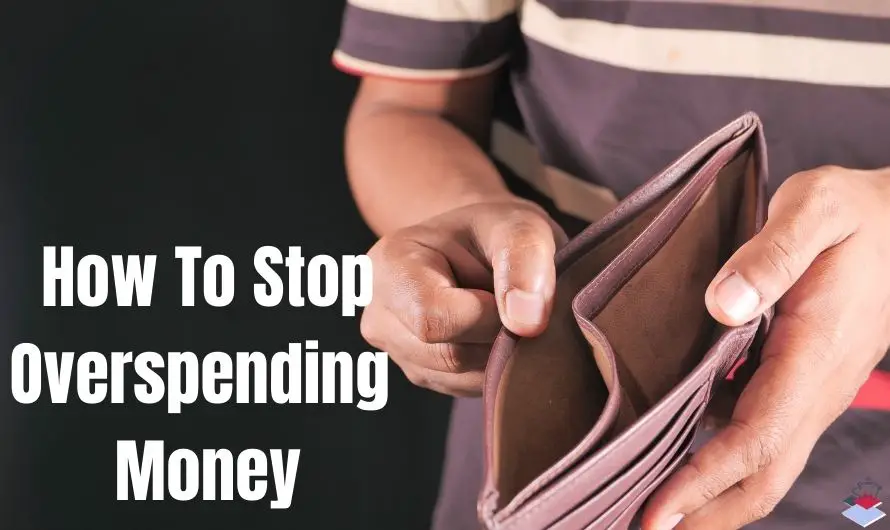
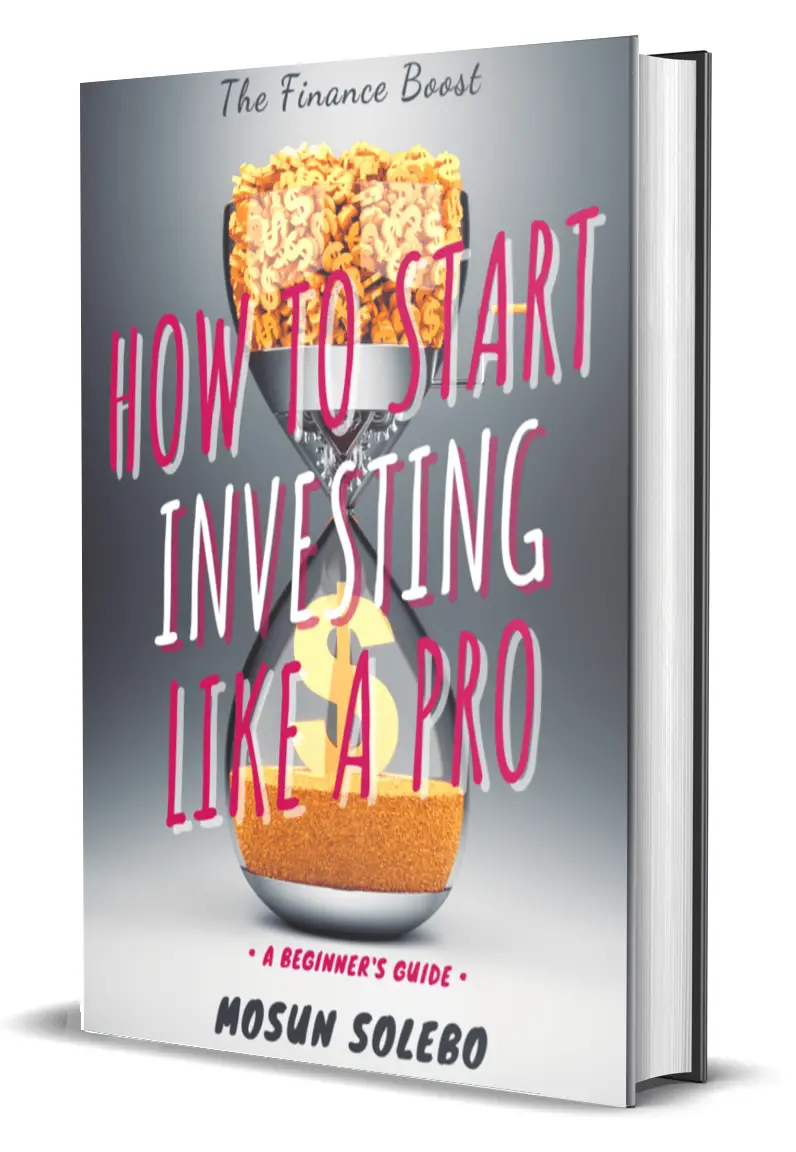
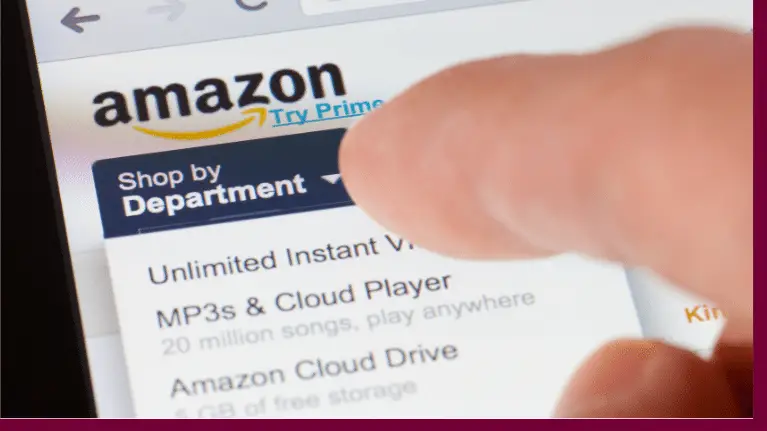


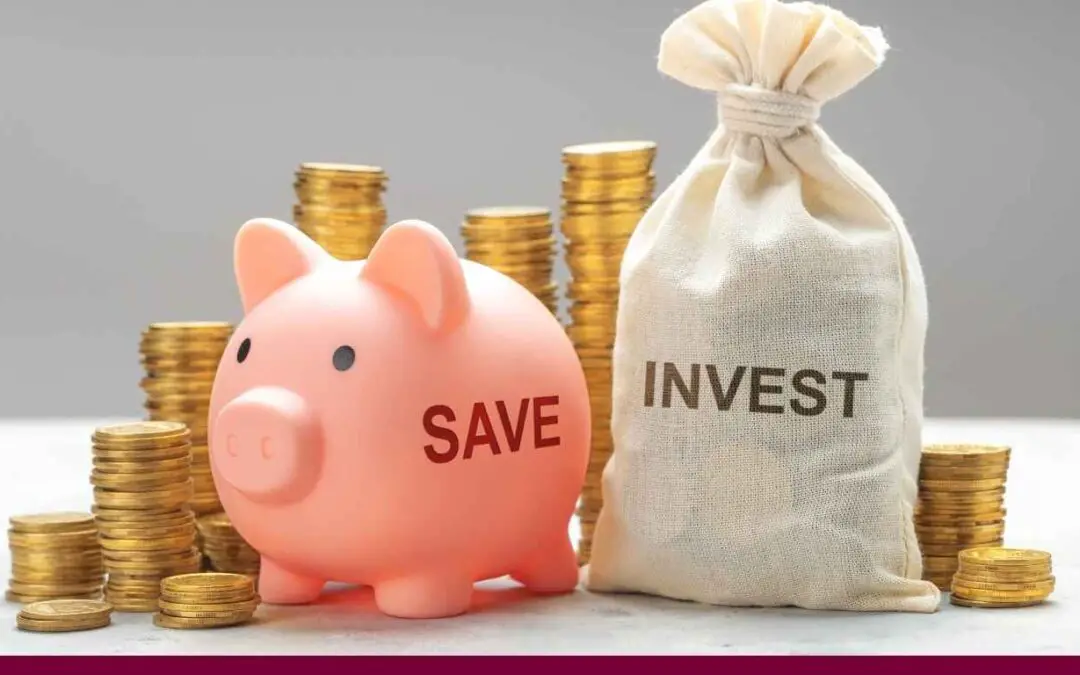
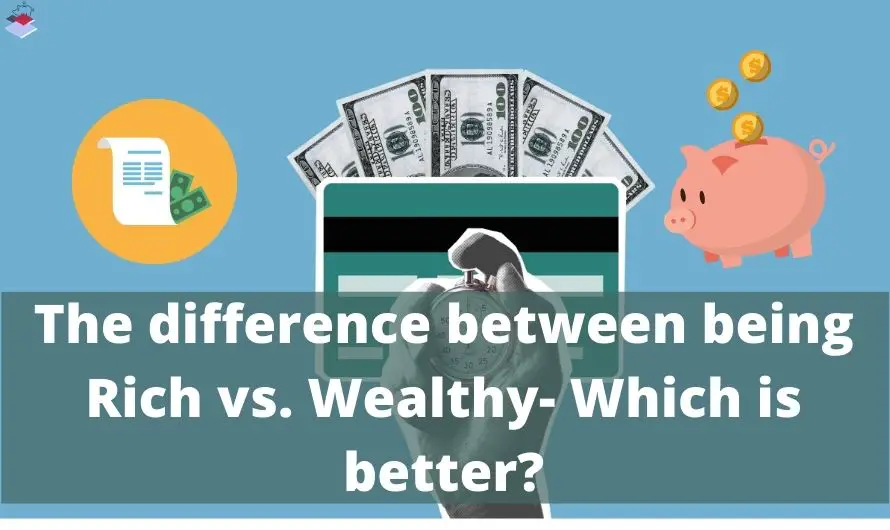
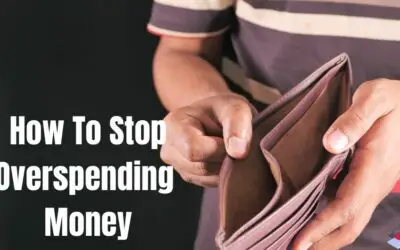
Thank you for this article! Very informative insights and practical ones. Just to share, I used the envelope method. So basically i set aside definite amount for my expenses, like for ex. groceries. Then once I have used up all that amount I stop myself from buying more. It’s like I set a limit and somehow it works. I make the envelope obvious and so I really feel how much is actually left. Hope this helps.
Yes that’s a great way to limit your expenses Wendell! Thanks for your contribution.